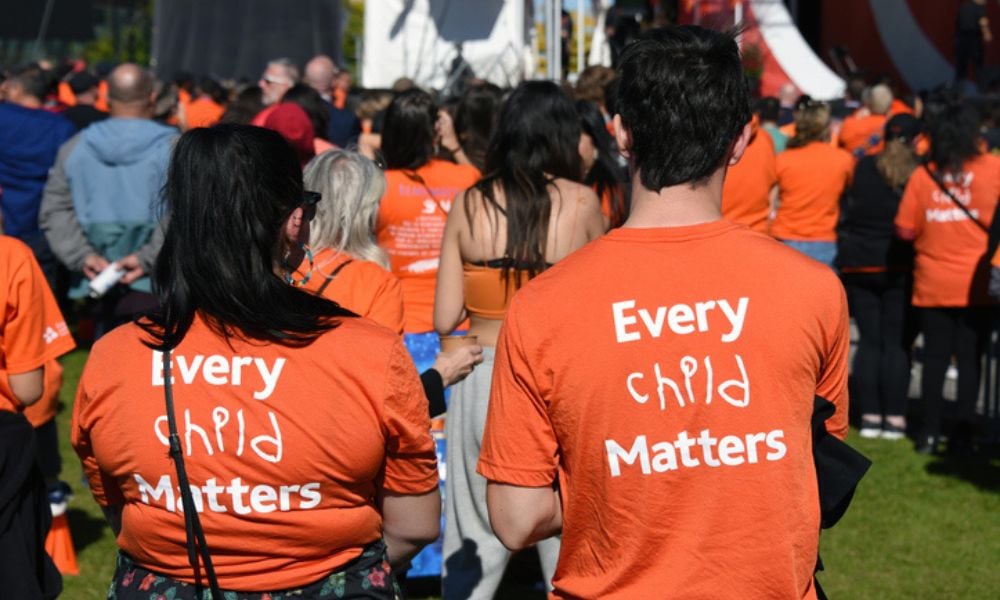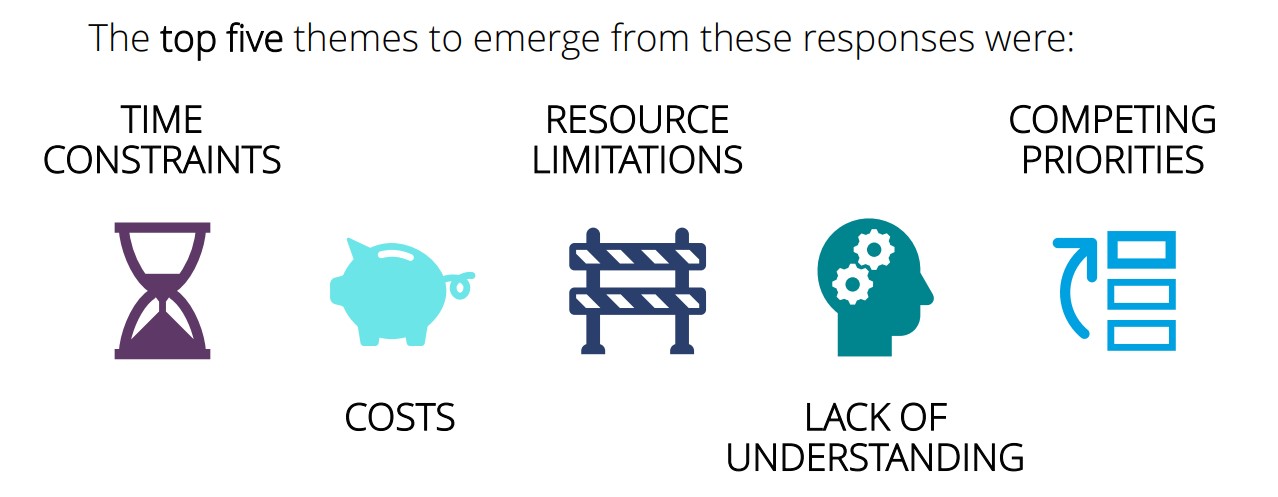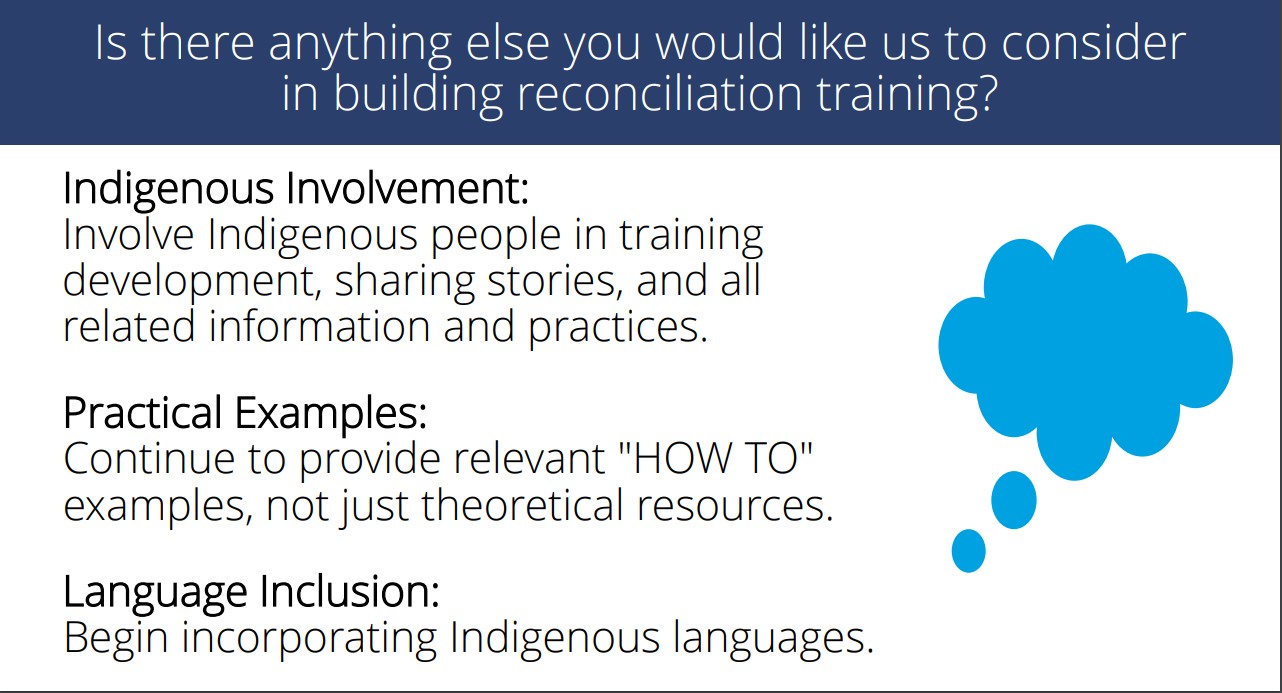
'While these findings are encouraging, there is a lot more work to do'

Employers in British Columbia are making significant progress in their reconciliation journey, according to a recent report.
Overall, human resources professionals feel their organizations rank five out of 10 when it comes to this journey. On that scale, 10 means having made great progress while zero represents no progress.
The following are the top three things organizations have done to advance reconciliation, according to the survey of 400 respondents commissioned by the Chartered Professionals in Human Resources BC & Yukon (CPHR BC & Yukon) and undertaken by IRP Consulting (IRP):
The survey was conducted early in the summer of 2024.
“While these findings are encouraging, there is a lot more work to do,” said Anthony Ariganello, FCPHR, CEO, CPHR BC & Yukon.
“One of the objectives of undertaking this survey was to gauge where our members are at, so that we, as the representative organization for HR, can determine what we need to offer to members moving forward, so they can continue on the reconciliation journey in a sustainable and engaged manner.”
Each year, Canada marks Sept. 30 as the National Day for Truth and Reconciliation. In 2021, the federal government passed legislation and established the federal statutory holiday which applies only to federal employers and employees who are governed by the Canada Labour Code (for example, banks, federal government, broadcasting and air transport).
A majority of HR professionals in BC indicate that their organizations have a significant amount of work to do when it comes to providing reconciliation training to their employees, according to the report from CPHR BC & Yukon.
HR professionals feel that the following are the top factors are limiting the implementation of reconciliation training within their organization:

Source: CPHR BC & Yukon
The average rating for respondents' understanding of the 94 Calls to Action from the Truth and Reconciliation Commission (TRC) in relation to their organization is still just at 5 out of 10.
Asked what areas of reconciliation would be of most interest to their organization, respondents gave the following answers:
When it comes to the content of reconciliation training materials, survey respondents want the following:

Source: CPHR BC & Yukon
Two in five Indigenous employees in Canada report having experienced discrimination at work, according to data previously reported by the Diversity Institute. What’s more, for First Nation individuals, that number rises to 47%.